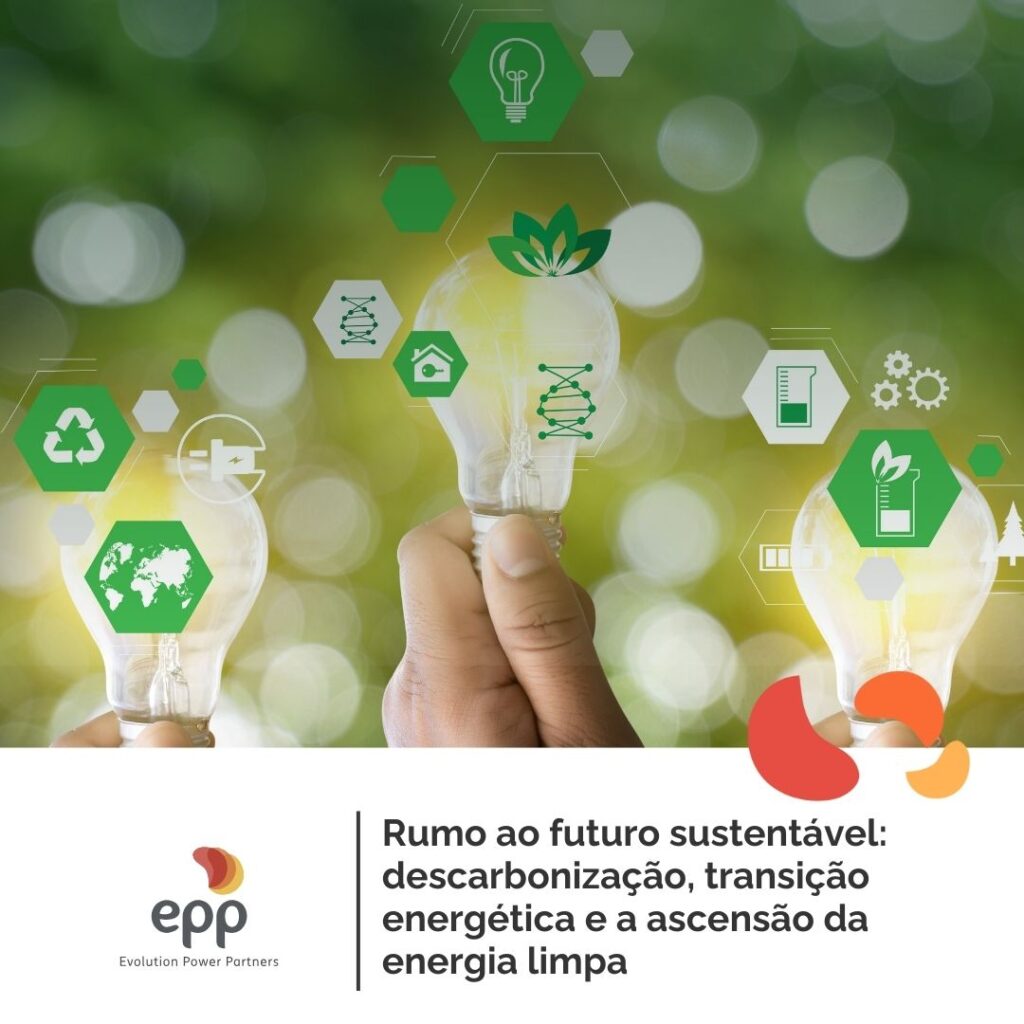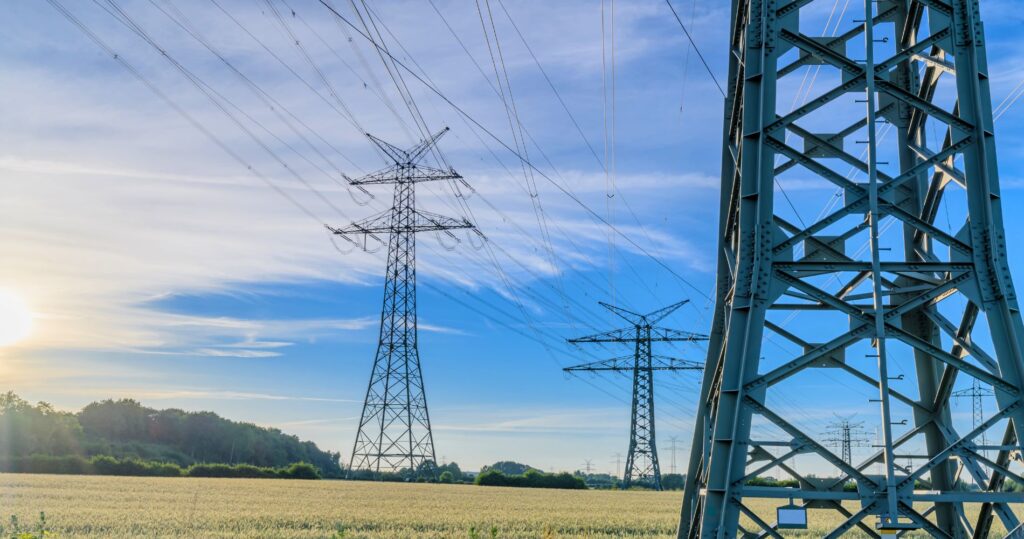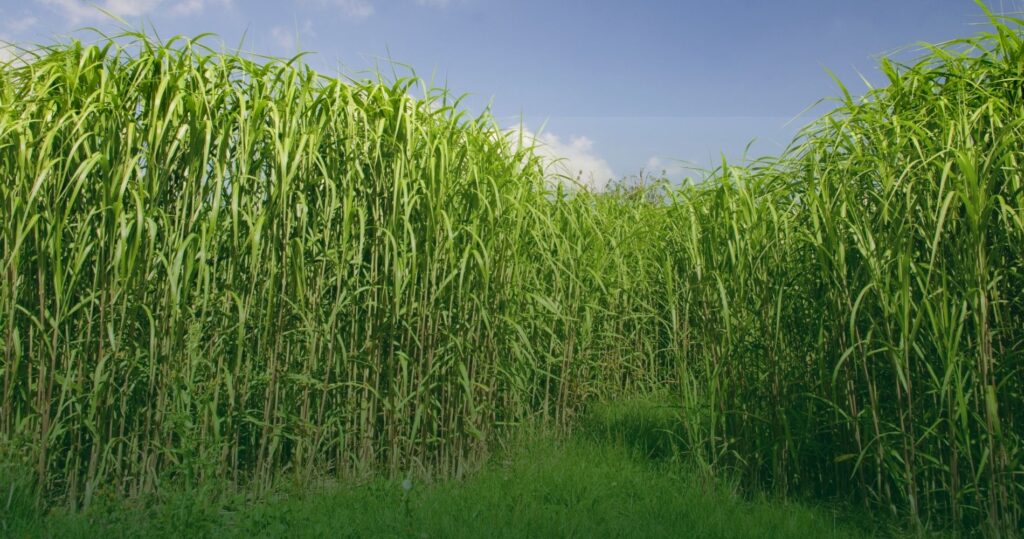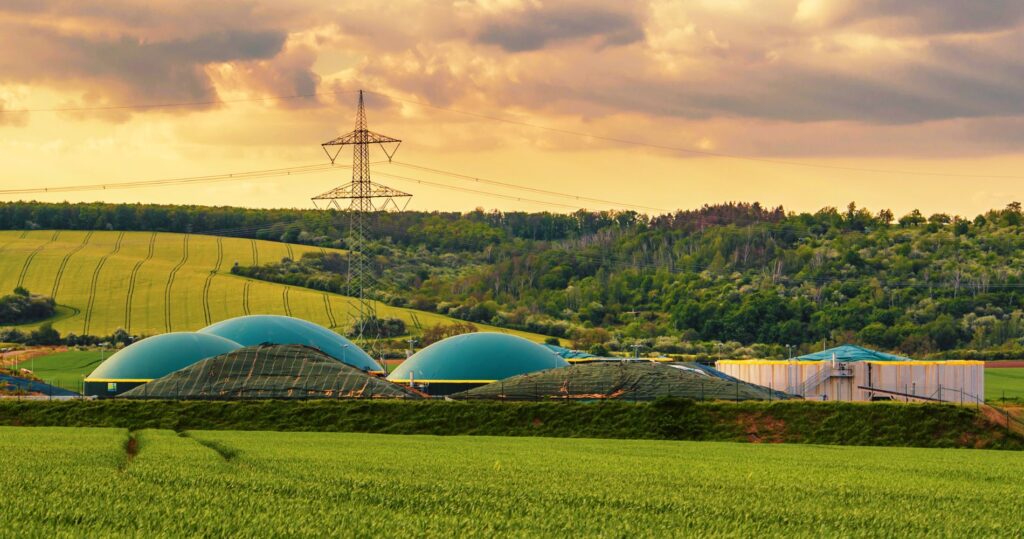Green hydrogen is a form of energy obtained from the electrolysis of water using electricity from renewable sources such as solar and wind. This type of hydrogen is considered essential for the energy transition as it does not emit greenhouse gases during production. Its importance in the energy matrix lies in its potential to replace […]
What is the Energy Transition and What Does Decarbonization of the Economy Mean? The energy transition refers to the process of transforming the global energy system, replacing fossil fuels like oil, coal, and natural gas with renewable and sustainable sources such as solar, wind, and hydroelectric power. This movement is driven by the urgent need […]
Climate change represents one of the greatest global challenges of the 21st century, directly affecting ecosystems and human life. The energy transition emerges as a crucial response, aiming to replace energy sources that exacerbate the problem with sustainable alternatives. This article deeply explores the interactions between these two phenomena, highlighting the importance of coordinated and […]
ESG, standing for Environmental, Social, and Governance, is an increasingly relevant approach in corporate and investment decisions. These criteria are essential for assessing a company’s commitment to sustainable and responsible practices, indicating a global movement towards more conscious and ethical operations. The Environmental pillar of ESG focuses on business practices related to environmental sustainability, which […]
In a world increasingly aware of the impacts of climate change, decarbonization, energy transition, and the adoption of clean energy are key concepts. Decarbonization refers to reducing or eliminating carbon dioxide (CO2) emissions in production and energy processes, a necessary step to combat global warming. The energy transition involves shifting from fossil fuel-based energy sources to renewable alternatives, such as solar and wind, which have a much smaller environmental impact. Clean energy, which encompasses these renewable sources, is vital for a sustainable future and is central to global climate policy discussions.
The debate on climate change and energy transition is crucial at a time when we face unprecedented environmental challenges. This article examines the urgent need for international collaboration to address these challenges and explore the opportunities offered by the transition to cleaner, more sustainable energy sources.
In 2023, Brazil reached important milestones in energy generation from biomass, with an average of 3,218 MW generated, equivalent to 4.6% of national energy consumption. This record, reported by CCEE, surpassed the previous one from 2020 (3,140 MWm), reflecting the continued growth and importance of biomass in the Brazilian energy mix.
Brazil, a country recognized for its wealth of natural resources and renewable energy potential, is positioning itself as a leader in the transition to a low-carbon economy. In this context, biomethane and green hydrogen emerge as protagonists, promising to revolutionize the national energy panorama.









